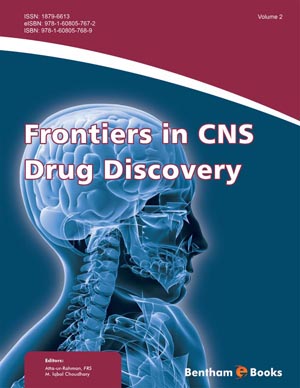Abstract
Prion diseases are rapidly progressive neurodegenerative illnesses caused by an abnormal conformer of the native prion protein. Human prion diseases include Creutzfeldt-Jakob disease, variant Creutzfeldt-Jakob disease, fatal familial insomnia, Gerstmann-Sträussler-Scheinker disease, and variable protease sensitive prionopathy for which there are no available treatments. Several treatments have been investigated, mostly focusing on inhibiting the conversion of the native prion protein to its pathological form. Although in vitro and animal model studies have been encouraging, success has yet to be translated to clinical trials. In addition to prion protein conversion inhibitors, other avenues of research have focused on blocking the expression of the normal prion protein, hence removing the substrate required for further disease propagation. This technique is complicated by the elusive physiological role(s) of the native prion protein in humans and the unknown complications that could arise with this type of treatment. Although prion diseases are relatively rare in humans, other neurodegenerative protein misfolding disorders such as Alzheimer’s and Parkinson’s disease are now known to exhibit prion-like behavior and will also benefit from treatments originally designed to combat prion disease. The goal of this review is to examine possible treatment targets for protein misfolding disorders utilizing knowledge obtained from the field of prion disease.
Keywords: Prion disease, protein misfolding, Creutzfeldt-Jakob disease, treatment, Alzheimer’s disease, frontotemporal dementia, Parkinson’s disease.






















